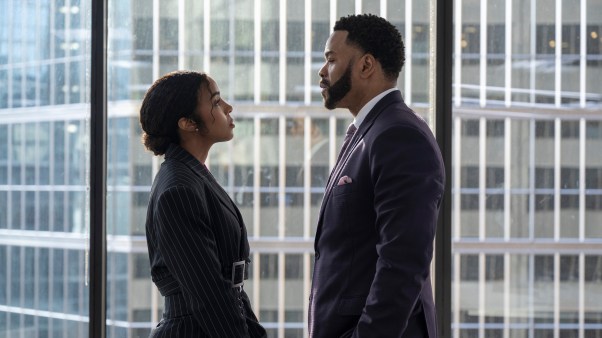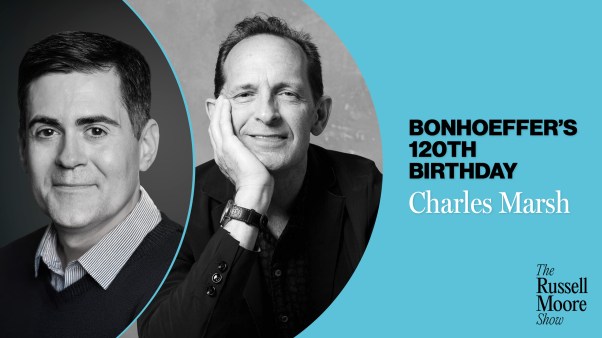At the end of the high-energy praise and worship gathering at First Corinthian Baptist Church in Harlem, New York City, two days before Tuesday’s mayoral election, pastor Michael Walrond welcomed a guest to the stage.
“We always let any candidate come as long as they’re willing to do one thing: stay and worship,” Walrond said.
The cameras panned to the young politician in the audience. Zohran Mamdani, the 34-year-old Democratic candidate, then stood before a Black congregation quoting Leviticus 23:22.
“For too long our leaders have practiced a politics of reaping to the edges of the fields. In some cases they have reaped into their neighbors’ fields as well,” Mamdani said, drawing applause and approving shouts. “God has more and wants more for all of us.”
On Tuesday, New Yorkers elected Mamdani as the city’s first South Asian and first Muslim mayor.
He beat former governor Andrew Cuomo in the Democratic primaries and then again on Election Day, running on a progressive platform of raising taxes on the wealthy and offering fare-free city buses, public-run childcare, city-owned grocery stores, rent freezes, and higher minimum wage.
Mamdani garnered opposition because of past criticisms of Israel, charges of antisemitism, and the price tag of his proposals. Political ads attacked his Muslim identity, and one conservative radio host said the candidate would be “cheering” at a future terror attack like 9/11. Mandami still won over more than half the vote in a race where more than 2 million New Yorkers cast a ballot, the highest turnout in 56 years.
“There’s a lot of dissatisfaction with the establishment…. Mamdani is riding that dissatisfaction,” said Peter Meilaender, political science professor at Houghton University, a Christian college some 300 miles from New York City. “We’ve seen Donald Trump ride it to the presidency. Mamdani is coming from the opposite end of the spectrum.”
Mamdani faced headwinds from super PACs and establishment Democrats who donated to his opponents. Evangelicals make up 8 percent of the New York City population and historically Black Protestants another 6 percent. Some hope his tenure will ease cost-of-living concerns on New Yorkers. Others fear his administration will make life worse.
“Young people are excited about Zohran,” said Joel Ernst, a 33-year-old Democrat and nondenominational Christian living in Manhattan. “It helps that he hasn’t been in public office for 50 years, with a checkered history with all sorts of … scandals.” Exit polls showed Mamdani winning two-thirds of first-time voters.
President Donald Trump endorsed Cuomo on the eve of the election and called Mamdani a “Communist” who would cause “Total Economic and Social Disaster.” Trump threatened to withhold federal funding from the city. Cuomo on Tuesday won 70 percent of Trump voters, but Ernst heard from plenty of New Yorkers who supported Mamdani without sharing his progressive politics.
Mamdani emphasized faith outreach to Black churches and other pulpits as well as to mosques, synagogues, and Hindu temples. He soared among the religiously unaffiliated but also won 43 percent of Protestant voters and 33 percent of Catholic voters, according to early exit polls.
Charles Galbreath, pastor of Alliance Tabernacle in Brooklyn, didn’t endorse Mamdani but spoke at a rally he held in October, commending the candidate’s pushback against federal immigration policies and his focus on the cost of living.
Nondenominational Christian Bryan Scutari, who doesn’t identify with either political party, sympathized with some of Mamdani’s stated goals to help the poor but not his plans to accomplish change. The 24-year-old told CT he abstained from voting entirely, citing disagreement with Mamdani’s political and religious views.
Mamdani’s plan to pay for much of his agenda involves increasing taxes on corporations and those earning more than $1 million a year. Whether he can ultimately raise the needed funds depends on the buy-in from Gov. Kathy Hochul, who endorsed him in September but has said she doesn’t want to raise taxes.
Mamdani worked as a housing counselor at a nonprofit before getting into politics. He said his work with immigrant families in Queens to prevent evictions, shaped his political focus.
Houghton professor Meilaender is a critic of Mamdani’s democratic socialism but saw the new mayor’s focus on economic issues over identity issues as politically smart: “His personal biography might play into some of the culture-war issues, but he doesn’t seem to have made that his thing. And I’m guessing that they’re probably people who are happy to see a Democrat who is not just riding the woke train and instead talking about cost-of-life, trying-to-find-affordable-groceries-type issues.”
Mamdani will be the second democratic socialist to serve as New York City mayor. He follows in the footsteps of David Dinkins from 1990 to 1993, who generally did not emphasize the socialist affiliation as Mamdani has. Mamdani’s parents are of Indian descent and immigrated to the United States from Uganda when Mamdani was seven. His father is a Gujarati Muslim, and his mother is a Punjabi Hindu. Mamdani identifies as Khoja Shia Muslim, an Islamic community that stems from India.
On Election Day, Democrats also did well in other contests around the country. Centrist Democrats, both women, captured the governors’ mansions by double-digit wins in New Jersey and Virginia. A ballot measure in California allowing Democrats to redraw its maps to be more favorable to their own party also passed. It was a response to redistricting efforts by Republicans in Texas and other states.
In Mississippi, Democrats ended a GOP supermajority in the state Senate by flipping two previously red seats. In Georgia, Democrats won seats on a state utility commission that was previously all Republican. In Pennsylvania, three liberal justices on the state Supreme Court held on to their seats.












